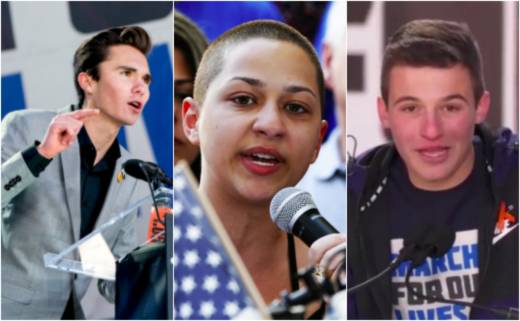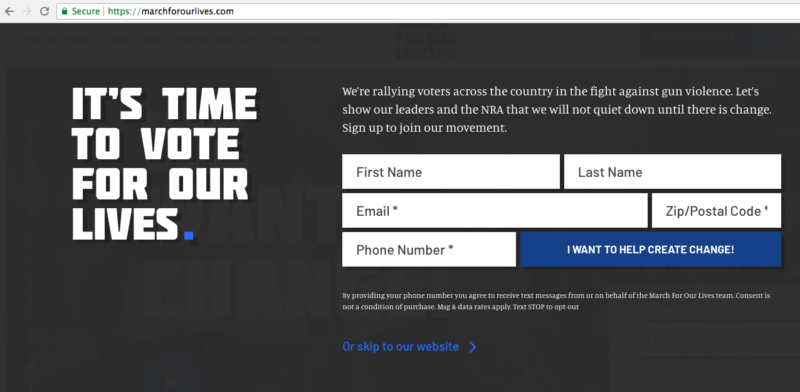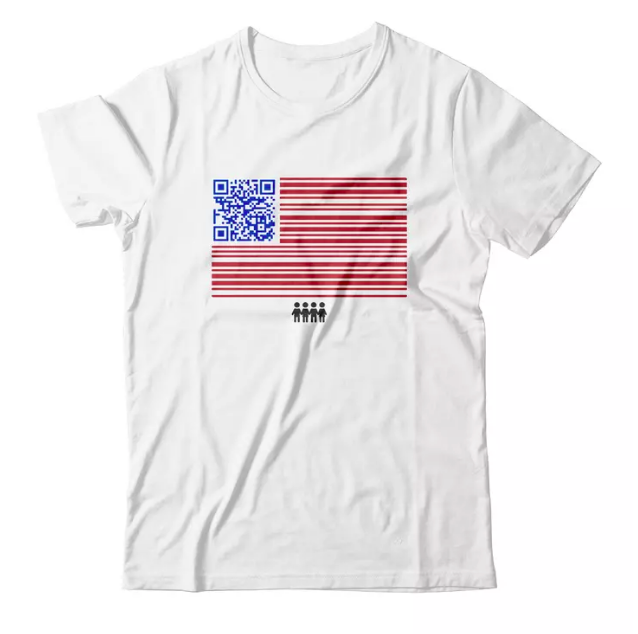It's been six months since we first got to know Emma González, David and Lauren Hogg, Cameron Kasky and their classmates from Marjory Stoneman Douglas High School. In the time since 17 of their friends and teachers were murdered in a mass shooting, these kids have, against all the odds, organized a massive national rally, March For Our Lives, inspired a nationwide school walkout, participated in a CNN town hall, graced the cover of Time magazine, performed at the Tony Awards, and appeared on most of America's favorite talk shows.
They've also been subjected to having their academic records critiqued by news personalities, been accused of ripping up the Constitution, been accused of being crisis actors, and, in the case of Emma Gonzalez, been dismissed by a Republican House of Representatives candidate as "this skinhead lesbian." A brief summary of the many ways they've been disparaged, and their strategies for coping with it can be found in this video:
In the days following the Parkland shooting, many people assumed that the students wouldn't be able to maintain their momentum for very long; that life and school and good old-fashioned teenage fun would get in the way at some point. But those critics underestimated the sheer power of a group of passionate, organized, social media-savvy teenagers. Though we might see them on TV a bit less these days, the Parkland students never stopped working. With their primary goal of getting as many new people to register to vote as possible, the variety of ways they've figured out how to do that are nothing short of ingenious.




